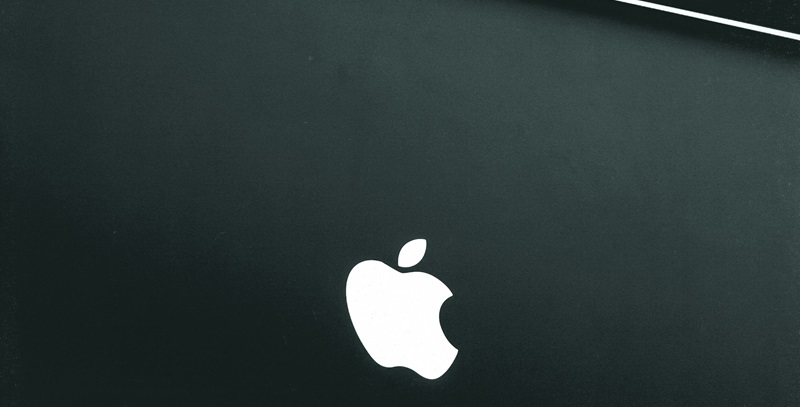The tech giant Apple has recently announced a series of changes aimed at enhancing the app experience for users in the European Union (EU) while providing new opportunities for developers. With over 600 new APIs, expanded app analytics, and innovative options for processing app payments, these changes aim to foster a secure and enhanced experience for EU users while opening new avenues for developers.
Enhanced App Experience for EU Users
To ensure an exceptional app experience, Apple has introduced a range of enhancements for EU users. With the introduction of over 600 new APIs, developers now have access to even more tools and functionalities to create cutting-edge apps. Additionally, expanded app analytics empower developers to gain valuable insights into user behavior and preferences, enabling them to optimize their apps for maximum engagement. Moreover, innovative options for processing app payments provide users with a seamless and secure payment experience.
Concerns and risks
While the expansion in processing payments and downloading apps brings exciting possibilities, it also raises concerns about potential risks. The increased volume of payment processing invites the potential for malware, fraud, and illicit content. Apple acknowledges these concerns and is committed to addressing them through robust safeguards and measures.
Flexibility for developers
Acknowledging the need for flexibility, Apple now offers developers the option to choose between existing business terms and embracing the new tools. This showcases Apple’s commitment to providing options for its diverse developer community. By providing developers with the freedom to choose, Apple encourages innovation and creativity in app development.
Safeguards and measures
To address the potential risks associated with increased payment processing and app downloads, Apple has implemented a range of safeguards. Notarization for iOS apps ensures that apps released on the platform have undergone rigorous checks, reducing the risk of malware. Authorization for marketplace developers ensures that only trusted developers can distribute apps, minimizing the risk of fraud and illicit content. Enhanced disclosures on alternative payment methods provide users with transparent information, promoting trust and safeguarding against any potential misuse.
Exploring new tools
Apple encourages developers to explore the new tools and functionalities introduced through these changes. Alternative app distribution, payment processing, browser engines, and contactless payments offer exciting possibilities for developers to innovate and reach a wider audience. By embracing these tools, developers can cater to unique user preferences while staying ahead in a highly competitive market.
Global Impact
While the changes primarily focus on the EU, the impact extends beyond this region. Apple has introduced options for streaming games globally, allowing developers to tap into a vast global gaming market. Furthermore, Apple has announced over 50 forthcoming reports covering areas such as engagement, commerce, and app usage, providing developers with invaluable insights to optimize their apps.
Changes in App Distribution
Specifically for the EU, Apple has introduced new options for distributing iOS apps from alternative app marketplaces. This offers developers the flexibility to choose the distribution model that best suits their objectives and audience. By expanding the options for app distribution, Apple empowers developers to reach a wider user base and explore new markets.
DMA-Compliant changes in contactless payments
Apple is also sharing changes compliant with the EU’s Digital Markets Act (DMA) that impact contactless payments. New APIs are provided for developers to utilize NFC technology in banking and wallet apps, enabling secure and convenient contactless payments. These changes align with the EU’s focus on fostering competition and innovation in the digital market.
Opportunities for Payment Service Providers
Apple’s strategic changes open up significant opportunities for Payment Service Providers (PSPs) in the EU. With the expanded options for processing payments, PSPs can leverage their expertise to offer seamless and secure payment solutions to app developers. This creates a win-win situation, as developers can focus on creating innovative apps while PSPs contribute to a streamlined payment experience.
In conclusion, Apple’s recent changes in app distribution and payment processing bring exciting possibilities for users, developers, and Payment Service Providers in the EU. With enhanced app experiences, robust safeguards, and flexibility for developers, Apple is committed to fostering a secure, diverse, and innovative app ecosystem. By embracing these changes, developers can create exceptional apps, while PSPs can facilitate seamless payments, contributing to the growth and success of the app industry in the EU.

